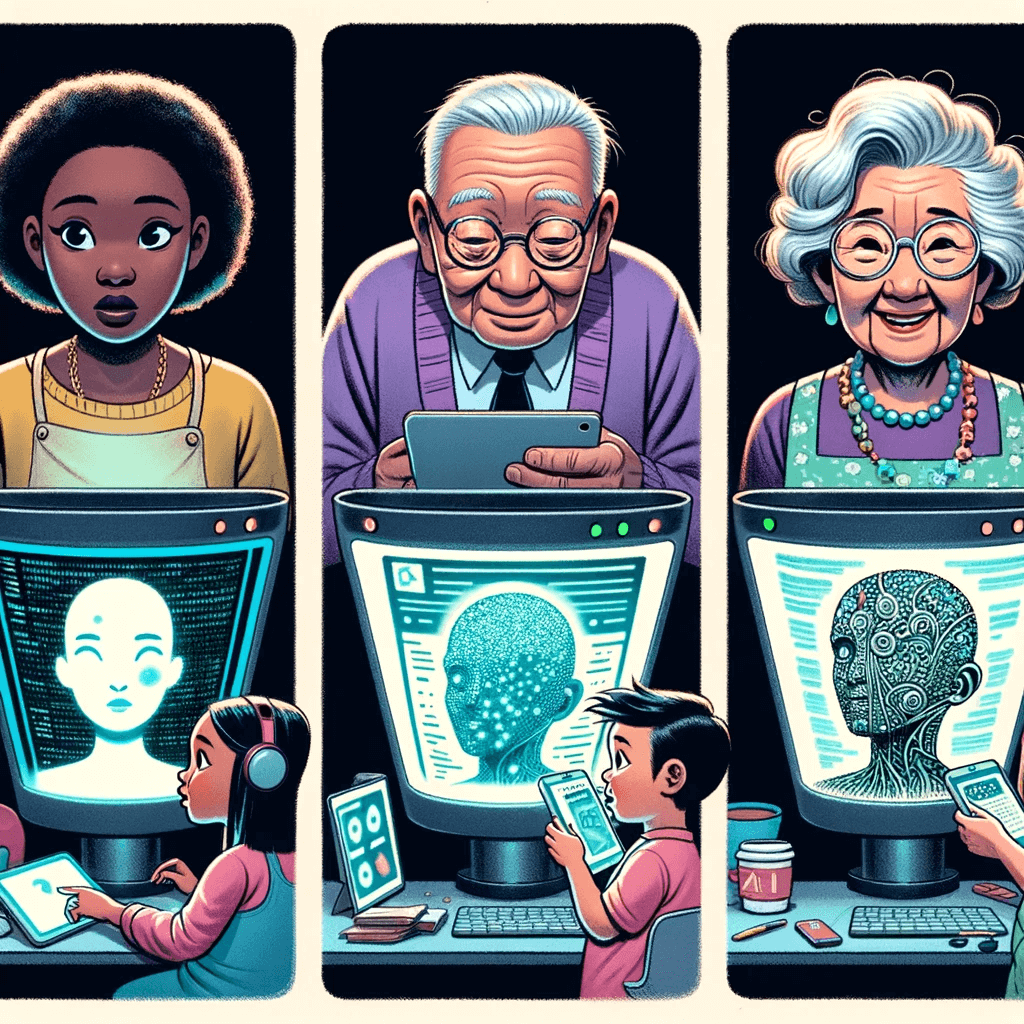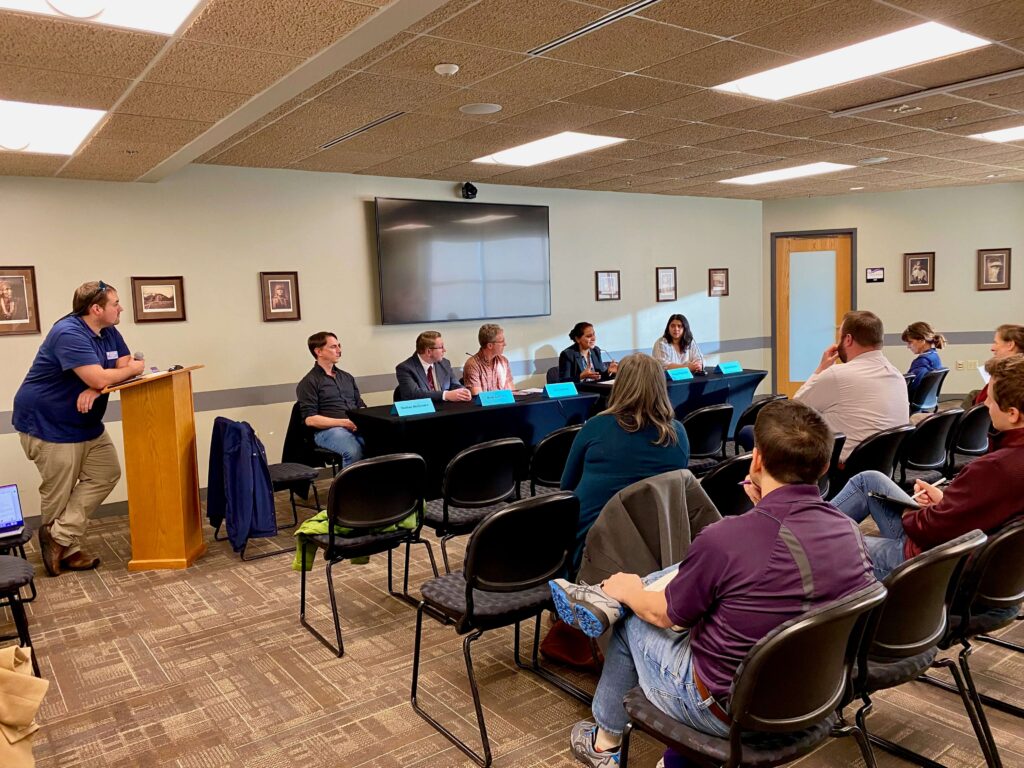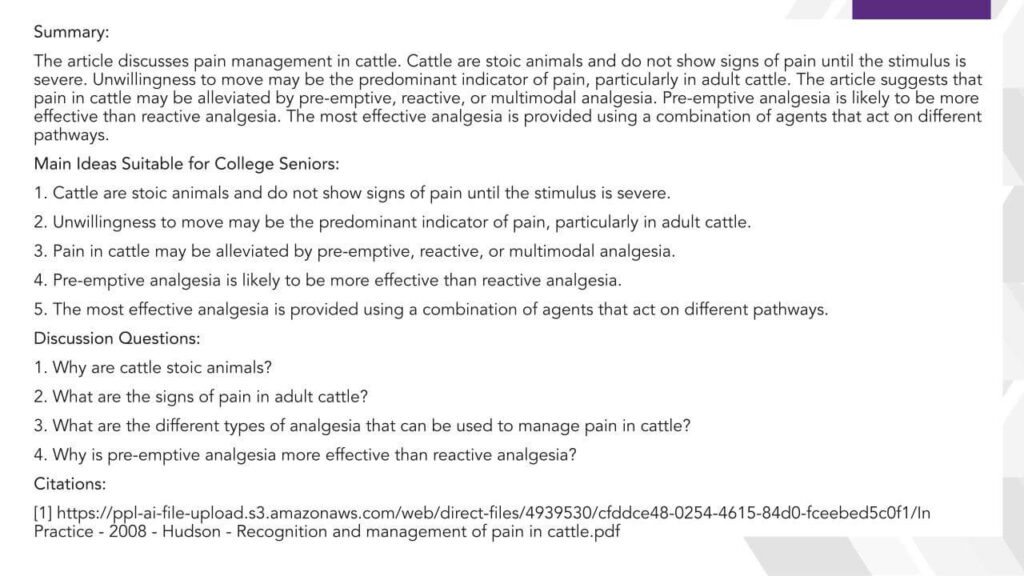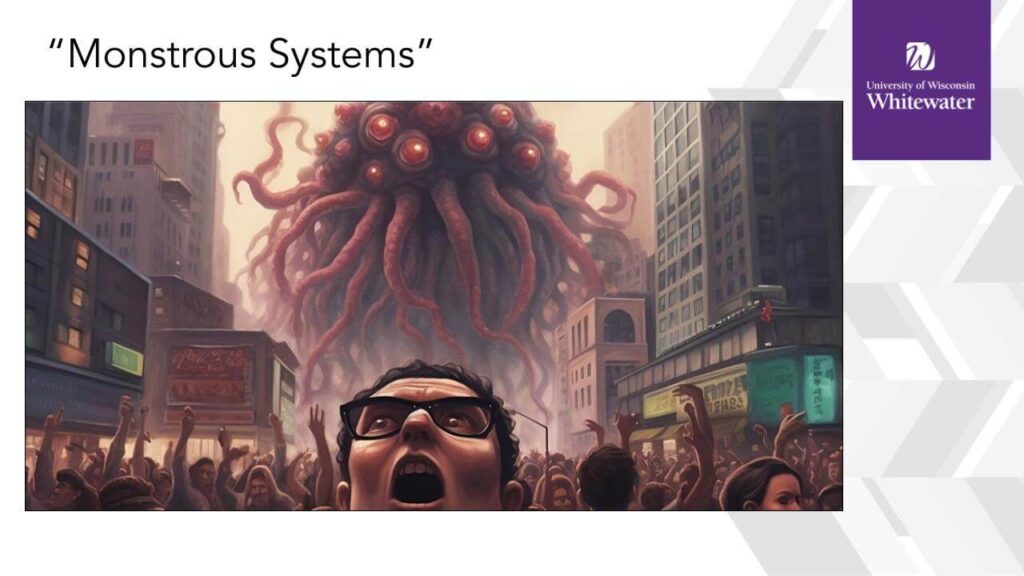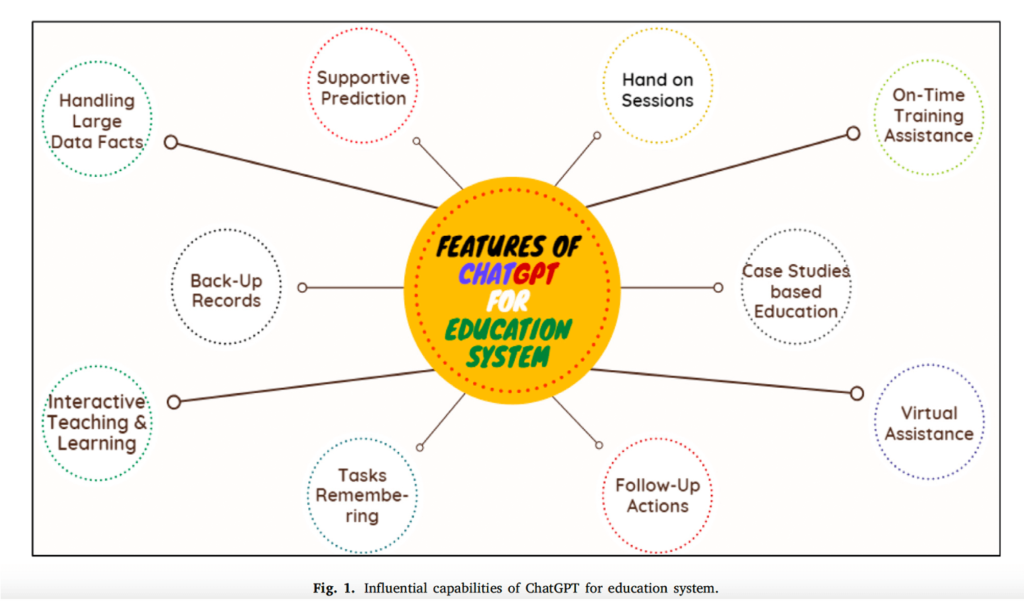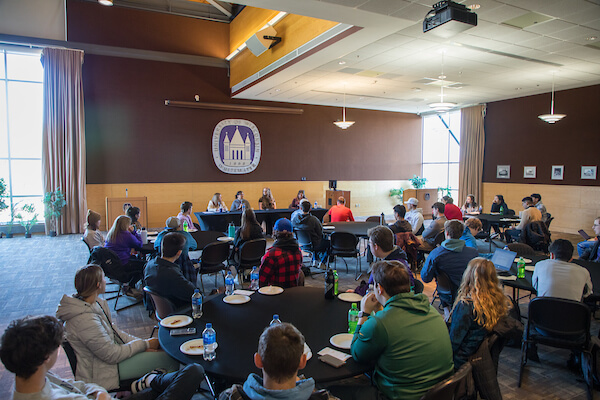
Welcome back, Warhawks!
As we begin 2024, the LTC has prepared a series of workshops over Winterim that aim to ensure a seamless start to Spring Semester. LTC experts have selected three series to help instructors: Canvas Course Boot Camp, Quality Course Design, and Generative AI. If none of the listed workshops (or topics!) meet your needs, LTC experts are available for one-on-one consultations!
Get your Canvas courses in fighting shape with our Course Prep Boot Camp Series. In this series, instructors will be guided through refining existing Canvas courses or assisted in building new ones. Series topics include: building content, assignments and grades, accessories, and collaborations. Enroll in one or a few; even if it is a way to dedicate time.
Elevate your teaching methods with the Quality Course Design Series, designed for educators eager to revitalize their teaching strategies and course design in both face-to-face and online settings. This series merges three critical aspects of modern education: incremental course enhancement, fostering student interactions, and aligning learning objectives with outcomes.
In the Generative AI Series, workshops will focus on preparing instructors for AI use in the classroom, from building a syllabus policy, to integrating AI into student assignments, to finding ways to streamline classroom prep. Workshops include updated information and resources to keep you on top of this emerging technology. All generative AI workshops are interconnected, but not serial, so register for as many as interest you!
Find more details, including registration links, click here. Or visit our Events Calendar.

